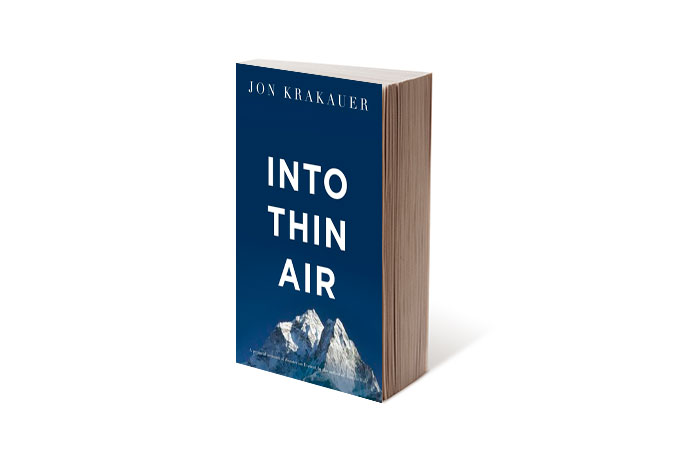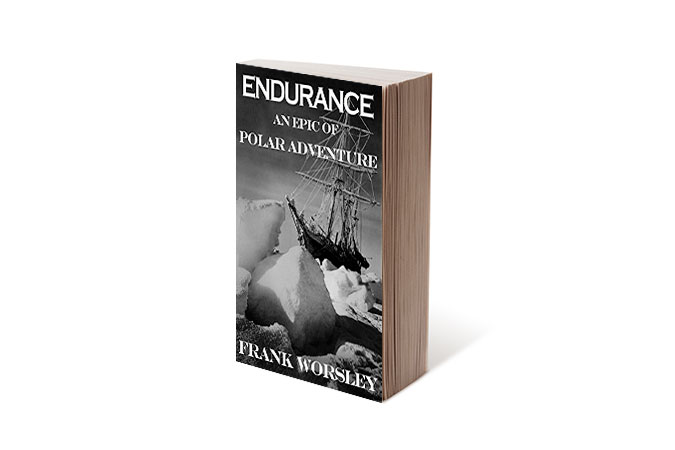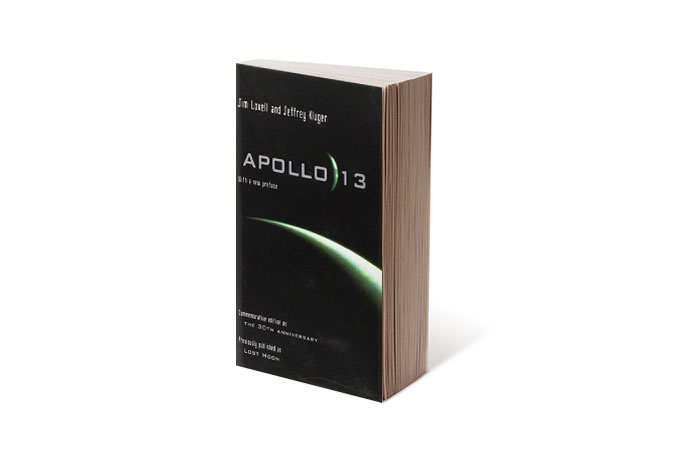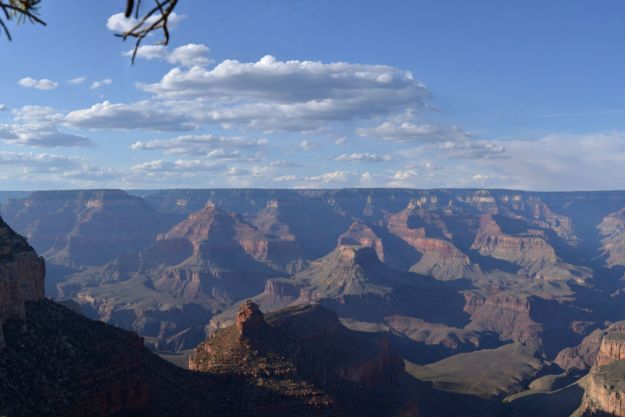
Let’s face it, no one is going on an adventure right now. You might call the time we’re living in an “adventure,” but being that almost all of us are relegated to our couches, adventures won’t really be had. Instead, we have to look elsewhere to find adventure. Namely, books about people that have already had adventures (and lived to write about them).
The books on our list of great nonfiction adventure books differ in topic and time period and are written in a range of different styles. The common thread is a compelling narrative detailing real events, though often so outlandish and intense you might need to follow up with some fiction just to settle yourself back down.
Into Thin Air by Jon Krakauer

There was a fair amount of criticism and controversy when Jon Krakauer’s book Into Thin Air: A Personal Account of the Mt. Everest Disaster was published in 1997, a year after his expedition in which five climbers died during a savage storm. Most of the criticism came from experienced mountaineers who felt he misrepresented the intentions and actions of other climbers on the mountain that fateful day. Little criticism, however, was leveled at the writing or the story itself. Krakauer, a journalist by trade, writes with clear, clipped prose, uses just the right amount of detail to color in characters and background, and he knows how to build a scene.
This work and Krakauer’s other major success, Into the Wild, helped him earn an Academy Award in Literature from the American Academy of Arts and Letters.
Kon-Tiki by Thor Heyerdahl

Sometime in the mid-1940s, Thor Heyerdahl — Norwegian scientist, adventurer, and arguable madman — came up with the idea that the islands of Polynesia were likely populated by people crossing the Pacific Ocean west from South America. To prove that such a journey was possible centuries before Columbian contact, Heyerdahl built a raft out of balsa wood logs and sailed the damn thing — across more than 4,000 miles of open ocean.
Fully titled The Kon-Tiki Expedition: By Raft Across the South Seas (and sometimes subtitled Kon-Tiki: Across the Pacific in a Raft), Heyerdahl’s book was first published in late 1948 and sold out in two weeks. The story is an amazing one, from the conception of the voyage to the building of the raft to the 101-day, 4,340-mile journey. Perhaps most amazing is how accurately Heyerdahl predicted the length the crossing would take; he figured 97 days to be the best possible time from Peru to the first Polynesian islands. Maybe he wasn’t crazy after all.
Green Hills of Africa by Ernest Hemingway

Hemingway’s second full-length nonfiction book reads just like any of his great works of fiction. While digesting Green Hills of Africa, you could readily be forgiven that Hemingway’s documenting, not creating. Have a glance at a sentence or two:
“To go down and up two hands-and-knee climbing ravines and then out into the moonlight and the long, too-steep shoulder of mountain that you climbed one foot up to the other, one foot after the other, one stride at a time, leaning forward against the grade and the altitude, dead tired and gun weary, single file in the moonlight across the slope, on up and to the top where it was easy, the country spread in the moonlight, then up and down and on, through the small hills, tired but now in sight of the fires.”
Might as well be from For Whom the Bell Tolls or A Farewell to Arms. In fact, in Green Hills, Hemingway’s writing was so like his fiction that many critics felt he might have heavily edited the dialogue, writing those with whom he had shared his month-long hunting safari more as characters than companions. If the account lacks veracity, though, it gains compelling readability. Ideally, the book won’t make you want to go shoot a kudu but will make you want to travel.
Endurance by Frank A. Worsley

Frank Arthur Worsley is not the only author to have written about the epic Antarctic journey led by Sir Ernest Shackleton, but his often republished 1931 account of the ill-fated voyage remains the best. That’s because the author of Endurance was the captain of the ship of the same name during the two-year adventure at the bottom of the world.
When the Endurance was launched in 1912, she was a tri-masted, 142-foot ship ready to deal with all but the most extreme of sea conditions. When she sank in November of 1915, her hull crushed by Antarctic ice, she had been bested by those extremes. Amazingly, though adrift in the vessel and then stranded on ice for months — all through an 800-mile voyage in open lifeboats — not one of the 28 men along for the journey died during the 1914 to 1916 ordeal.
Apollo 13 by Jim Lovell

Jim Lovell made it close to the moon, piloting the Lunar Command Module into lunar orbit during the Apollo 8 mission in late 1968. However, he never made it the surface of our celestial satellite, because the Apollo 13 mission, his next trip into space, turned into an emergency ordeal. When the Apollo 13 mission was launched on April 11, 1970, no one could have guessed that in just over two days an onboard explosion would scuttle plans for a fifth moon landing and leave the three-man crew in grave danger as their oxygen and power supplies were rapidly drained.
Lovell’s account of the mission is as dramatic as it is informative. With the help of contributing author Jeffrey Kluger, the prose rolls along handily. (“The things that were claiming most of their attention were their oxygen, which was almost gone, their power, which was almost spent, and their main engine, which was probably — though not certainly — dead. It was a bad position to be in…”) Maybe you’ve seen the movie? Well, read the book anyway. It will make you appreciate the challenge of space exploration.
Hungry for more? Check out our top picks for travel tales, classic books, works by female authors, and stories you can read in one sitting.


